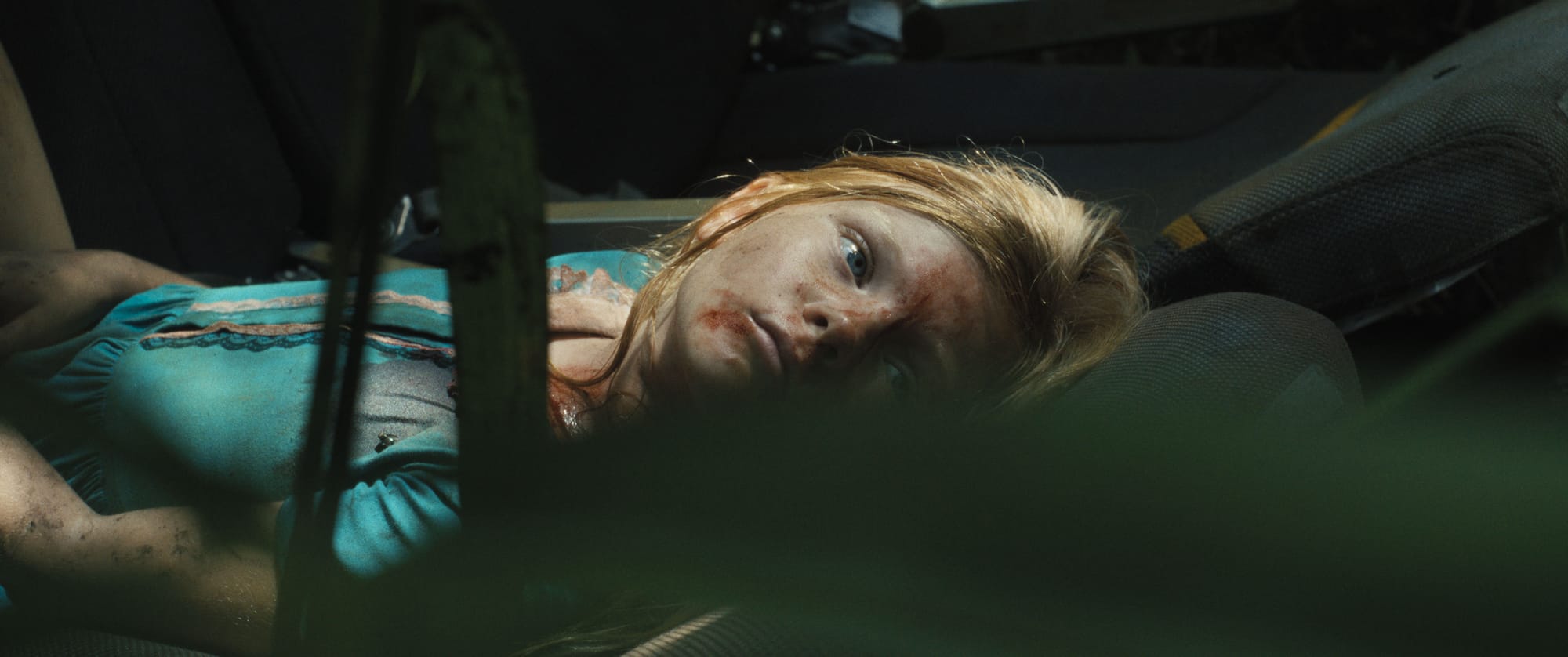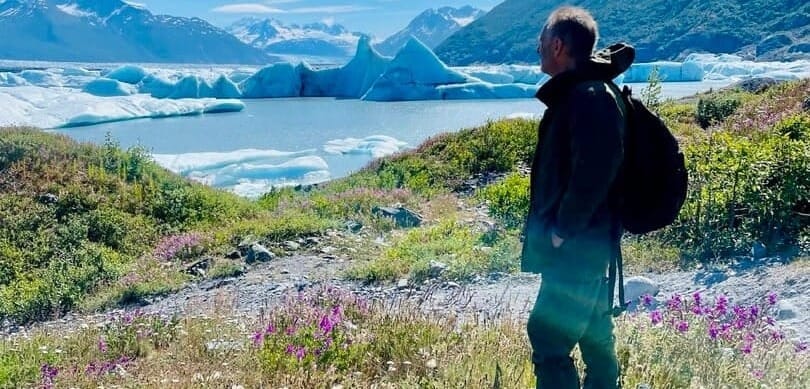Selections From the 2025 Green Film Fest of San Francisco, Part 1
The first of two packs of reviews, from this most enlightening film festival of consequence.

Dear Moviegoers,
As a global community, we are living in a dire yet exciting time on Earth. There are numerous challenges posed by climate change, both present and future, including stronger storms, energy issues, refugee complexity, and general survival concerns.
As always, technology improves and moves forward. As always, ingenuity and the human spirit continue to overcome and save what we all have left - and what we all can gain.
The following films, from the Green Film Festival of San Francisco, represent, in different ways, our continued struggle to live together with one another and to live on the planet itself. These movies may vary in story and quality, in length and in genre, but I highly recommend, with any festival or programming series, that moviegoers be open-minded and available to discovery and revelation.
Enjoy this first part of a two-part series on this 2025 event - tickets and virtual passes are still available (check here for showtimes and online access)!:

Transamazonia
When I consider a film like Transamazonia, I tend to attempt an audit of its elements or various puzzle-like pieces. Indeed, this gem of a movie, while a fairly straightforward narrative fiction, feels strongly like some kind of wonderful mystery, not unlike walking through a thick fog on an otherwise sunny day. It's made up of moments that, more than anything spoken, profoundly express the importance of atmosphere and performance, of stillness over action. And, while I do appreciate such moments, they do make it difficult to parse through.
In other words, this review, my fellow moviegoers, is one that I'm almost struggling with - how does Transamazonia rate, exactly?
There are nuances in star or number ratings, of course. I go by a five-out-of-five rating system, and tend to never use four and a half, as I don't believe that, when a film gets close enough to a critic's interpretation of "excellence," there is no half point between great and superb. Transamazonia is such a movie that confounds my very review routine, which can be a sign of something good or something bad.
I'm on the something good side here.
Directed by Pia Marais, Transamazonia follows the young teenager Rebecca, who, years before the main plot, was the sole survivor of a plane crash deep in the Amazon. When the movie began, it opened with a shot of a child's arm, lying near lifeless, from inside a seat, surrounded by rubble and debris. An ant or two crawls over her hand. When she awakes, she isn't scared, and she doesn't call for help. She's absolutely stunned into silence and blankness.
Having been rescued by a member of a local indigenous village, she is dropped off at a nearby sawmill, which from there kicks off her journey from little girl to mature faith healer, who the local, more "civilized" population refer to as "Miss Aspirin," many years later. As part of a small Christian missionary sect, she and her father conduct folk-singing sermons and preach about Jesus Christ, as she inspires all who see her.
Now, as a movie about environmental justice, Transamazonia lags behind its surface-level theme. You see, the very indigenous people that saved her are being terrorized by an illegal logging outfit, and its manager needs Rebecca's healing abilities to save his wife, putting her and her father in the direct middle of deforestation and maintaining any semblance of peace between the two cultures.
Played by an amazing Helena Zengel, Rebecca is both in doubt that she can help through faith alone, and if she even wants to help such a cruel man. Transamazonia relies almost solely on her shoulders as an actress, as she speaks a thousand words with her, yes, stillness. A facial scar from Rebecca's plane crash is seen as both a testament to her will by the desperate locals and as a point of her own exploitation and buzz, as her father, an almost equally great Jeremy Xido, has crafted, supposedly for the good of everyone. There are genuinely kindhearted motivations, but also some deep-seated personal problems of constant penance going on, which I recommend finding out and discovering when watching the movie.
Faith that's found, lost, mourned for, and reborn is what makes this Transamazonia a fine picture. Diving into water and coming back up is a regular motif of rebirth in most stories, and is used time and time again in the film. And all scenes of this act are important clues as to the real mystery going on. What heals more? Is it faith in the beyond or faith in the now? In people? In action?
I feel that there's more that must be written about Transamazonia, but for now, I must rate it. On the precipice of being near-greatness, the film plays as more character-driven than what I was hoping would be balanced with a CTA or call to action. It's potent, but not perfect. It's blatant, but brilliant.
But it may grow on me some more. 3.5/5

Ranger of the North
I remember the first time I watched Werner Herzog's Grizzly Man, based on the video diaries of environmentalist and bear lover Timothy Treadwell, very clearly. It was in a dorm room with a good friend of mine, both of us stunned by the humor and the drama of the piece. Herzog's perspective on nature has always been one of darkness and beauty, or rather, the unknown that lurks within the Earth.
J.R.R. Tolkien, author of 'The Lord of the Rings' series (books), shared a profound relationship with nature, too, if perhaps more lively. In Ranger of the North, a North American national park ranger stationed in the vast and fragile wilderness of Alaska compares himself to the Tolkien character Aragorn, as he traverses the wide landscape and the steadily happening destruction of the area caused by man-made climate change and the ripple effects brought upon by this terror.
This short film, a follow-along dialogue told in voice-over narration, walks and drone cameras with the ranger, as he waxes poetic about death and despair. About hope through action. About the end of his career and the beginning of a new path.
Somehow, despite the immensely flowery language and occasionally too cute cinematography and weepy musical score, Ranger of the North contains a grand truth that resonates warmly. Even if the end message that demands people do something is undercut by the rest of the film's talk of ever-continuing tragedy, there is, really, a special connection that is made between the movie and the viewer that makes its message work. And that connection is, of course, 'The Lord of the Rings.'
Were it not for the ranger's long walk through the trees and mountains, almost matching the dire trail of the fellowship in Tolkien's epic, Ranger of the North would land as merely another depressing escapade that would leave people feeling dour and uninspired. Instead, there's a challenge to humanity that, while a fraction of the movie's duration, is important.
And that means the world. At least, it should. 3/5
Stay tuned for a review of Outdoor School next.

